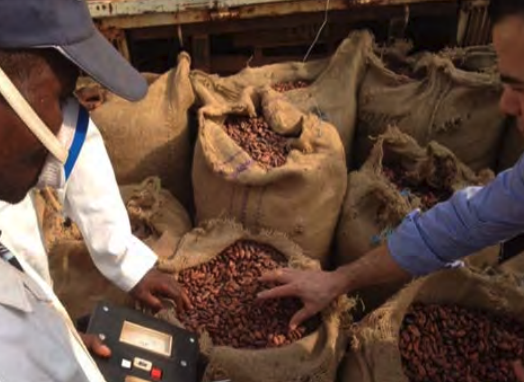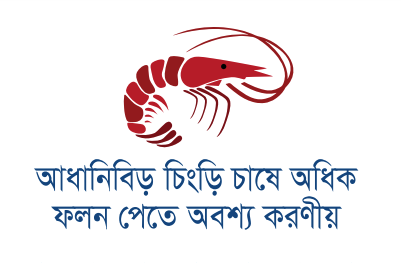Resources
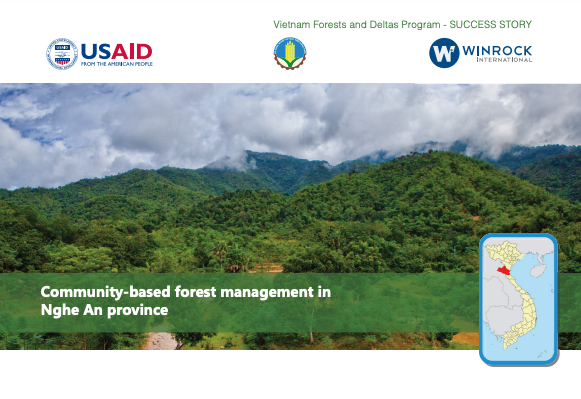
SUCCESS STORY: Community-Based Forest Management in Nghe An Province
Nghe An province is located in the north central coast of Vietnam. It is the largest province in the country, covering 1,649,270 hectares. The province contains over 888,695 ha of forestland, mainly located in the western areas of the province. Nghe An has a large area of natural and planted forests which covers 71.6% of […]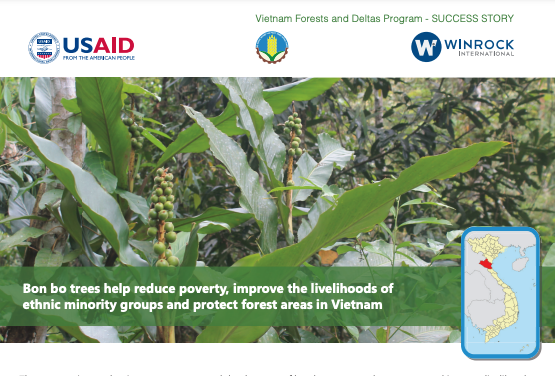
SUCCESS STORY: Nghe An Bob bo Model
The preservation, replanting, management and development of bon bo trees to reduce poverty and improve livelihoods of ethnic minority groups is one of the most successful forest business models developed under the USAID’s Vietnam Forests and Deltas (VFD) project. The model has been implemented in Que Phong, Ky Son, and Tuong Duong districts in Nghe […]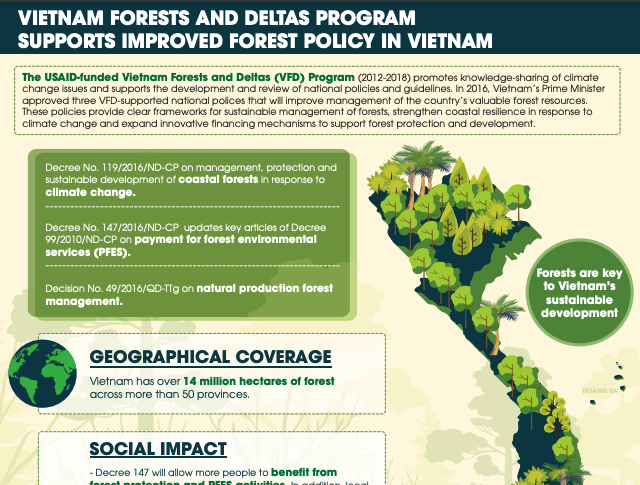
Vietnam Forests and Deltas Program Supports Improved Forest Policy in Vietnam
The USAID-funded Vietnam Forests and Deltas (VFD) Program promotes knowledge-sharing of climate change issues and supports the development and review of national policies and guidelines. In 2016, Vietnam’s Prime Minister approved three VFD-supported national polices that will improve management of the country’s valuable forest resources. These policies provide clear frameworks for sustainable management of forests, […]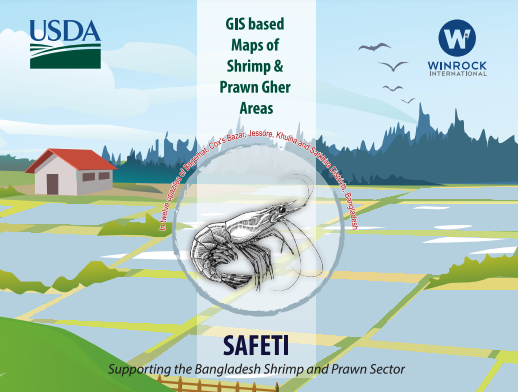
GIS based Maps of Shrimp & Prawn Gher Areas
Funded by the U.S. Department of Agriculture (USDA), the Safe Aqua Farming for Economic and Trade Improvement (SAFETI) project, being implemented by Winrock International, is a five-year project working in the southern region of Bangladesh. The objectives of the project are: increasing shrimp and prawn production and national exports; increasing trade and income of supply […]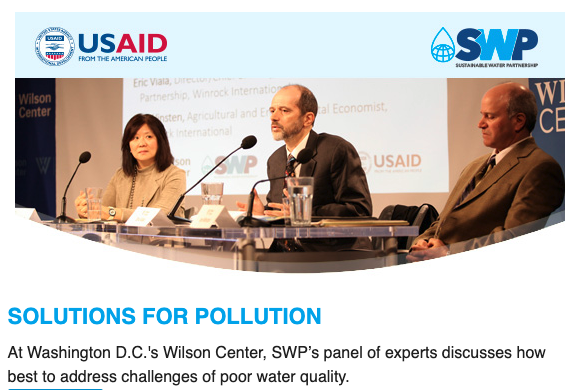
Sustainable Water Partnership Newsletter April 2018
At Washington D.C.’s Wilson Center, SWP’s panel of experts discusses how best to address challenges of poor water quality. Featured in this issue: Solutions for Pollution Watershed Moments in the Mara Tools for Decision-Makers Click here to subscribe to this newsletter.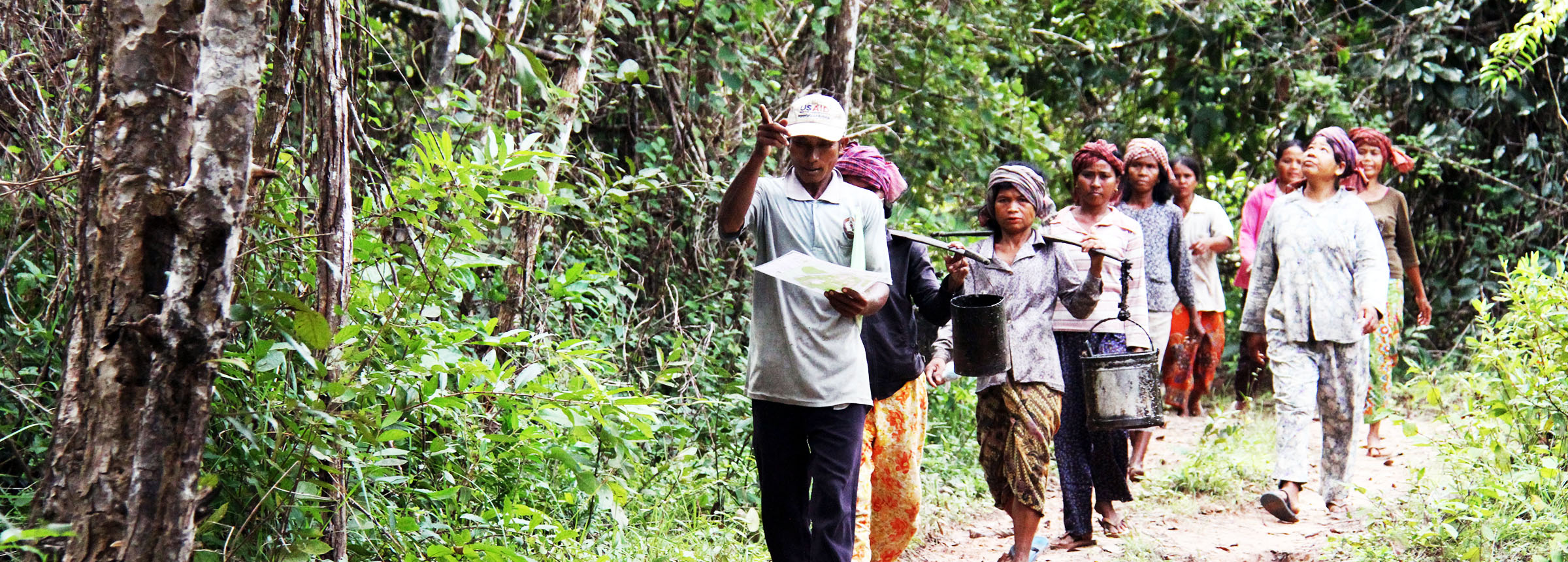
FACT Net: A Lasting Impact
FACT Net was an international network of community groups, development workers, tree breeders, researchers, students, and farmers. These 2,000 partners in 100 countries shared an interest in the use of multipurpose trees to improve the soil, protect the environment, and enhance the well-being of farm families and other land users. Through extension, communications, and research, […]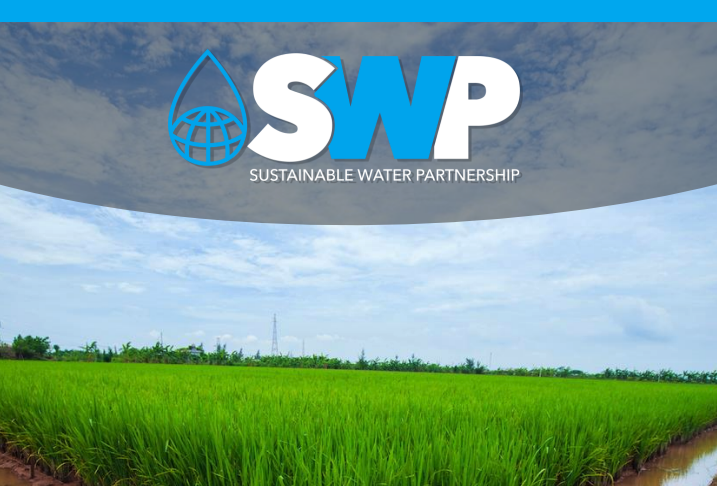
Analytical Tools to Support Water Security Decision-Making
This supporting paper presents local decision-makers and practitioners with various tools that can be used within the context of a Water Security Improvement (WSI) process. The goal of the paper is to review the various types of tools that are used for water resources assessment and planning efforts and to summarize the appropriate usage of […]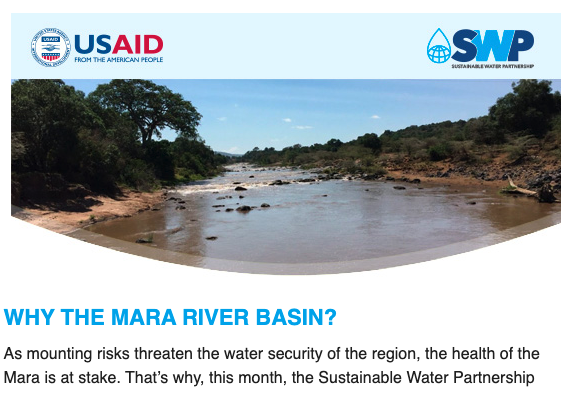
Sustainable Water Partnership Newsletter March 2018
As mounting risks threaten the water security of the region, the health of the Mara is at stake. That’s why, this month, the Sustainable Water Partnership (SWP) is officially launching a three-year activity in the Mara River Basin. Featured in this issue: Why the Mara River Basin? SWP Launches Toolkit #6 Safeguarding Sustainability